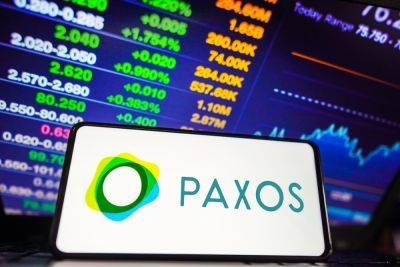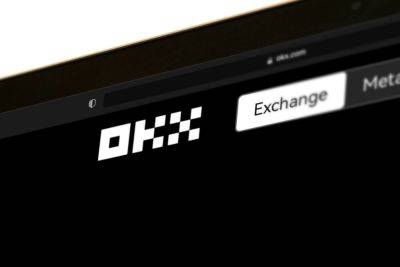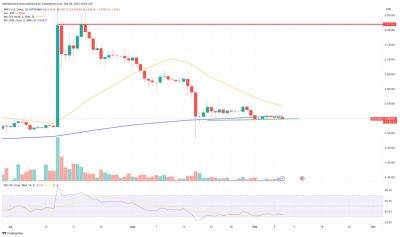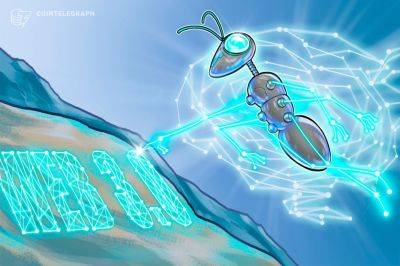Palau to freeze USD-backed stablecoin after pilot launch in July
Palau, a country in the western Pacific Ocean, is wrapping up its United States dollar stablecoin project after launching the pilot in August.
Jay Hunter, a Palau Ministry of Finance member and head of the digital residency program, took to X (formerly Twitter) to announce that the government will cease the distribution of the Palau Stablecoin (PSC) on Sept. 8.
Following the distribution halt, Palau Stablecoin will also be frozen after Sept. 15, becoming unavailable for spending by users, Hunter said, noting:
In the announcement, Hunter didn’t provide exact reasons for freezing the stablecoin, only noting that the government will send a survey to pilot participants next week. The move came weeks after the government launched PSC in late July.
“If we are authorized to move forward with the next phase of the stablecoin program, our collective lessons learned will shape the way ahead,” the official said. He added that users’ feedback would be critical to developing the final report for the Palau Congress and the president.
Related: Visa taps into Solana to widen USDC payment capability
The news comes shortly after Hunter posted a study devoted to stablecoin technology and related security considerations from the National Institute of Standards and Technology. Issued in September, the study evaluated some of the necessary properties of security and stability and identified “18 potential issues in stablecoin implementations.”
Stablecoins are a type of cryptocurrency that aim to maintain a stable price relative to a specified asset (usually a fiat currency).
Much has been written about how to use stablecoins and about the economic implications of doing so, specifically price variability. However,… pic.twitter.com/Hek7tUqXZR
Ni
Read more on cointelegraph.com






















